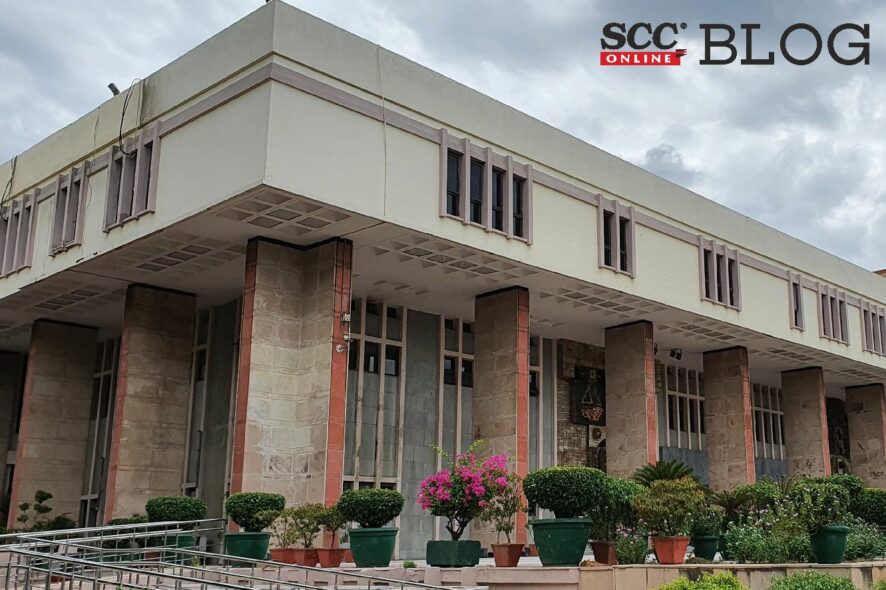Delhi High Court: Prateek Jalan, J., addressed the issue of whether visits of sundry family members to the matrimonial home, without permanency or the intention to treat the premises as a shared household, would render them members of the “shared household.
Respondent 1 in the present proceedings was the petitioner’s husband and respondent 2 was her mother-in-law. Respondent 3 was the petitioner’s sister-in-law and respondent 4 was the husband of respondent 3.
It was stated that the petitioner had filed an application under Sections 12, 17, 18, 19, 20 and 22 of the DV Act and all the four respondents were arrayed as accused. A notice was issued, and the matter was adjourned for consideration on the point of summons to other respondents. Further, MM issued summons to respondent 2 also, but came to the conclusion that respondents 3 and 4 had not been residing in the shared household, hence no summons was issued to them.
The petitioner had challenged the order by way of an appeal under Section 29 of the DV Act and the appellate court affirmed the view taken by the MM.
Analysis, Law and Decision
In the present matter, Court noted in the complaint that the petitioner had mentioned in the memo of parties that the respondents 1 and 2 were residents at the matrimonial home, whereas respondents 3 and 4 were residents of BB- 18C Janakpuri, New Delhi.
The complainant had lived with the respondents 1 and 2 in a shared household in Jalandhar, and the joint family consisted of the petitioner and the respondents 1 and 2.
Respondents 3 and 4 being the sister-in-law of the petitioner and her husband, visited often for various lengths of time, but there was no suggestion that they were, or intended to be, permanently resident in the said household.
High Court expressed that,
Just as the woman living fleetingly or casually at different places, would not convert those places into a “shared household”, the visits of sundry family members to the matrimonial home, without permanency or the intention to treat the premises as shared household, would not render them as members of the “shared household”.
Therefore, the view taken by the MM and the Appellate Court did call for interference under Section 482 of the CrPC. Hence the petition was dismissed. [Bharti Anand v. Sushant Anand, 2022 SCC OnLine Del 1191, decided on 26-4-2022]
Advocates before the Court:
For the Petitioner: C.P. Vig, Advocate
For the Respondents: None







